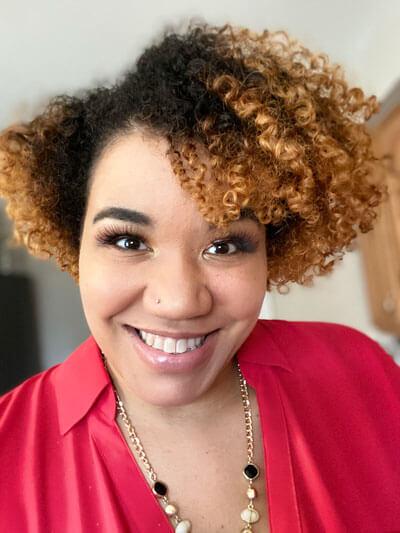When i was eight or nine, my adoptive mother repeatedly smashed my skull against one of my bookshelves, using my hair to maintain her death grip. I was 13 when she swept the kitchen floor and ordered me to eat the pile of dirt and crumbs with threats of beating me if I refused.
In my effort to be “perfect” and “earn” my parents’ love, I threw myself headfirst, metaphorically, into school and everything reading and writing. Ironically, the bookshelves she turned into a weapon held my most prized collection of encyclopedias and “Goosebumps” books.

Books enabled my escape, often equipping me with the fortitude, resilience, strength, love and hope I would not receive elsewhere. I read voraciously, wrote just as often, and imagined a better life, a better world. Once I lived to see 16, I knew that I was destined to be a change agent, that I was meant to use my story for a greater purpose, to “be somebody.”
In May, I graduated, with distinction, from our prestigious Howard University with a doctorate in English literature, specializing in African-American, American and Caribbean literature.
Literature necessitated my reimagining of the world (of my world), my ability to believe that there was more than abuse, hatred and trauma. It helped shape my life’s purpose: to transform how we view ourselves and each other; specifically, how we promote and enact anti-racism in all facets of life.
My dissertation, titled “Decolonizing the Raci(al/st) Imagination in Literary Studies,” examines how race ideology inadvertently reifies racism in African-American literary studies and society. I present a representative literary theory, writer and pedagogy to help free the field from the strictures caused by racism. As a scholar-activist and activist-scholar, I hope to influence and inspire tangible and sustained change in all aspects of life and help make systemic racism into a problem of the past in the United States.
I always placed a lot of emphasis on the spiritual, emotional, political, social and cultural power of literature, in part because both literature and educa tion continue to save me. I went from dropping out of high school (because I chose homelessness over living in that house-never-turned-home) to being the chosen undergraduate student commencement speaker four years later.
At Howard, I finally began to see myself for who I am. It was primarily because of the patience and support of my adviser, Dr. Dana Williams, as well as other faculty, students, books and the continued expansion of my knowledge that I could more completely heal from my traumas and view my differences as gifts.
I joined a community of people who learned to speak from my perspective, even if they disagreed, and made life-long connections. I learned to harness the power of a degree in English literature and not to underestimate the power from the knowledge I gained. I also learned never to underestimate myself.
Sheena Mason (PH.D. ’21) seeks to expand and revise our understanding of African-American literature as always and necessarily being about race and racism.
Article ID: 521




